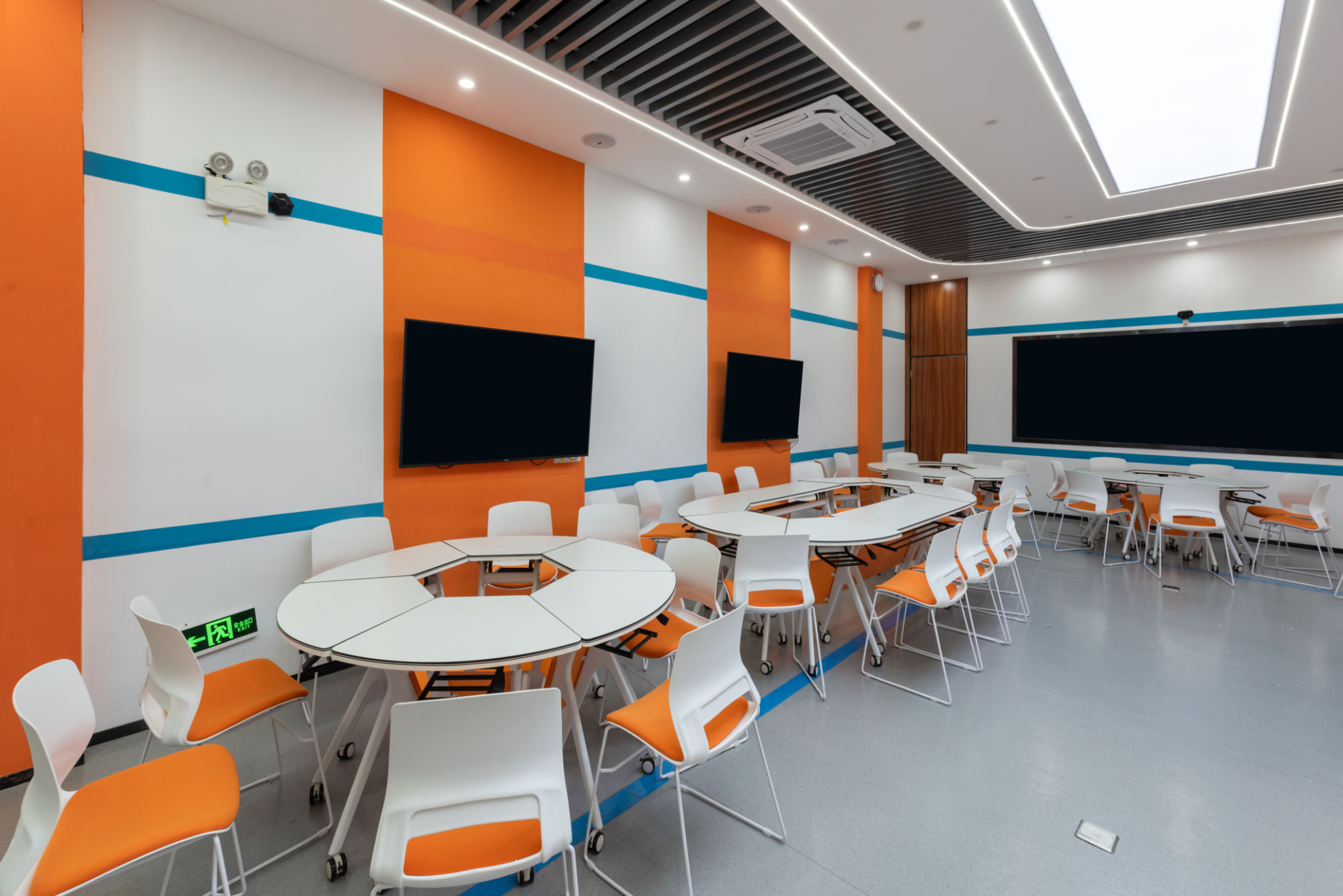The Impact of Learning Using Technology on Student Engagement in Nicosia
Introduction to Technology in Education
In recent years, the integration of technology in education has transformed how students engage with learning materials. In Nicosia, this shift is particularly evident as educational institutions adopt innovative tools to enhance student engagement. The use of technology in classrooms is not just a trend but a necessary evolution to keep pace with the digital age.
The traditional methods of teaching are being supplemented, and in some cases, replaced by digital tools that facilitate interactive and personalized learning experiences. This change is contributing significantly to how students in Nicosia connect with their studies.

Enhancing Student Engagement Through Interactive Tools
The introduction of interactive tools such as smartboards and educational software has made learning more dynamic. Students are no longer passive recipients of information; instead, they actively participate in their learning journeys. This interactive environment encourages curiosity and fosters a deeper understanding of the subject matter.
Moreover, technology allows teachers to incorporate multimedia elements into their lessons, making complex topics more accessible and engaging. Through videos, animations, and interactive simulations, difficult concepts are brought to life, which can spark a student's interest and motivate them to explore further.
Personalized Learning Experiences
An essential benefit of using technology in education is the ability to provide personalized learning experiences. In Nicosia, educational platforms are being used to tailor lessons to meet the individual needs of each student. This customization ensures that students can learn at their own pace, which is particularly beneficial for those who might struggle with traditional teaching methods.

With the help of adaptive learning technologies, students receive instant feedback on their progress, enabling them to identify areas where they need improvement. This immediate response system helps keep students engaged by allowing them to adjust their learning strategies in real-time.
The Role of Online Collaboration
Online collaboration tools have also played a significant role in enhancing student engagement in Nicosia. Platforms that enable group projects and discussions allow students to collaborate effectively, regardless of physical location. This connectivity fosters a sense of community and teamwork, encouraging students to learn from one another.
Additionally, these online platforms provide opportunities for students to develop critical soft skills such as communication and problem-solving, which are essential for their future careers.

Challenges and Considerations
While the impact of technology on student engagement is largely positive, there are challenges that educators and students face. Issues such as digital distraction, screen fatigue, and unequal access to technology can hinder the effectiveness of tech-based learning. It is crucial for educational institutions in Nicosia to address these challenges by implementing policies that promote responsible use of technology.
Furthermore, ongoing training for teachers is necessary to ensure they are equipped with the skills needed to integrate technology effectively into their teaching practices.
Looking Ahead: The Future of Technology in Education
The future of education in Nicosia looks promising with the continued integration of technology. As new technologies emerge, they will likely provide even more opportunities for enhancing student engagement. Schools must remain adaptable and open to these advancements to ensure that students are prepared for a rapidly changing world.
Ultimately, the goal is to create an educational environment where technology serves as a tool to empower students, encouraging them to become active participants in their own learning journeys.
